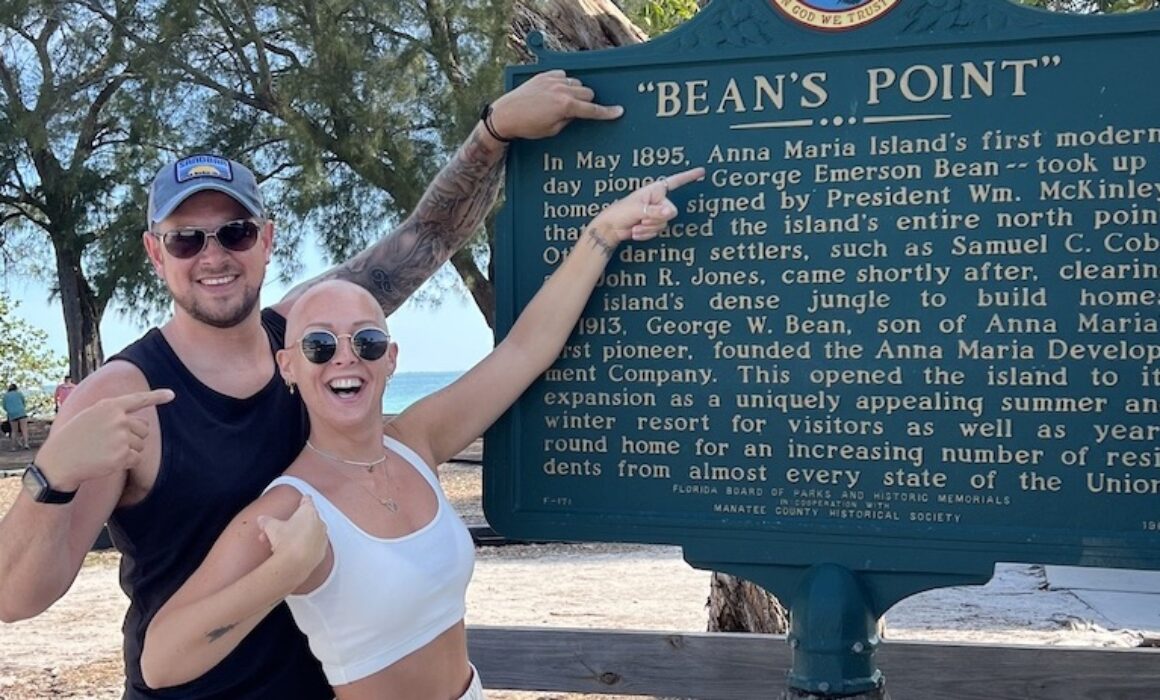
TRIGGER WARNING: THIS ARTICLE DISCUSSES SECONDARY BREAST CANCER
It is hugely overwhelming and daunting supporting a loved one – a partner, friend or family member – with secondary breast cancer. With such a traumatic event impacting your daily lives, it can be hard to know what to say or do and it can be difficult to know how to help.
Nicky Newman was diagnosed with secondary breast cancer in April 2018 and after living with the disease for five and a half years, she sadly died in September 2023. Throughout her time living with secondary breast cancer, her husband Alex was by her side providing love and support whilst also helping Nicky to make the most of every moment by living under her mantra of “go grab life”. In this article, Alex provides – with help from Nicky’s sister, Kirsty, and parents Bob and Glenda – some tips for supporting your loved one with a secondary breast cancer diagnosis, together with tips on how you can support each other and the rest of the family.
Don’t let cancer take more than it already has
Enjoy the little moments with your loved one: embrace silly moments of laughter, a chilled day on the sofa, sitting in the sun, and just cherish time together with friends and family. Cancer already takes a lot so try not to give it more than it already does, and take nothing for granted.
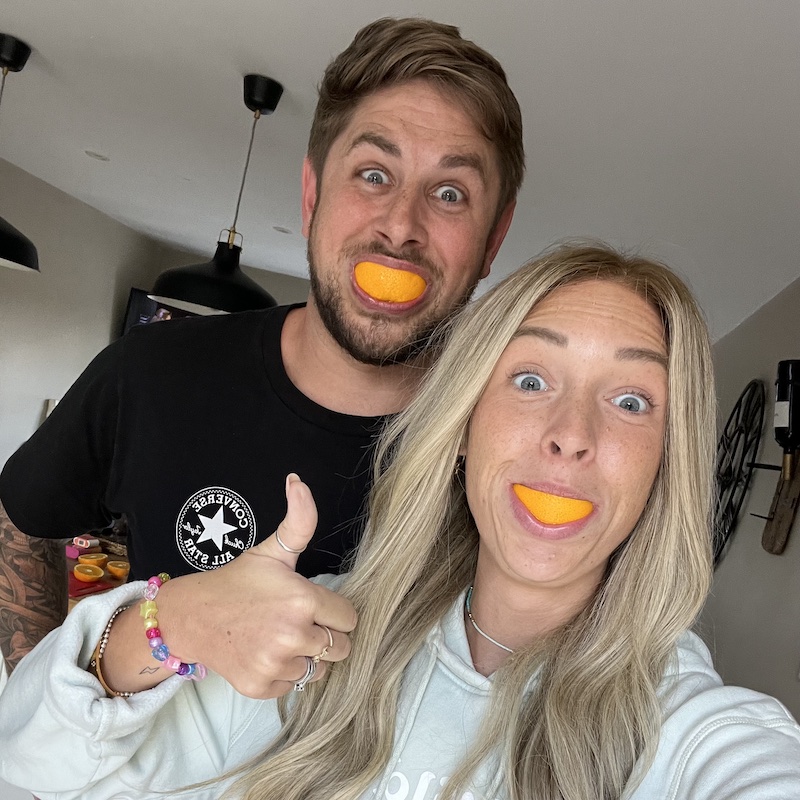
Allow them to be themselves and maintain “normality”
Know when to allow your loved one time to be themselves without giving your input or opinion. Let them vent and talk as they desire – not every conversation needs to be two way, and sometimes silence and listening from you is worth more. Try not to change how you or others treat them: they are still the same person and would expect to be treated as normal and not pandered too.
Consider what would they like to do
Your worry for your loved one should be tempered with care for what they would like to do and how they would like to do it. Moments of fun and joy can sometimes be worth a lot more to them than the potential of some discomfort or pain caused by the action.
Try not to give false hope
This applies to partners, friends and family members. Phrases such as “I’m sure there will be another treatment” or “you are looking better today” are often detrimental to the mental health of your loved one. They are well aware of the situation that they are in and of available and potential treatments. And they are always aware of how they look and feel, regardless of any reassuring words.

Don’t avoid tricky topics of discussion
You shouldn’t always avoid the hard topics; they are important. The sooner they are discussed, the less power they will have over your loved one and you as a couple and family. These are topics like: funerals, wills, side effects, pain control, spread of disease and impact of these things on those around the person with the diagnosis. These topics have potential for much greater impact if they are left unbroached until such a point comes when they are unavoidable.
Acknowledge that the whole family will be impacted by a secondary cancer diagnosis
Both you and all immediate family and friends will need their own time and space to process both the original diagnosis, and then all subsequent changes to the health of your loved one. Every person involved will research, handle and digest information in their own way, and it’s very important to respect this.
Talk to your work colleagues
As the supporter of a loved one with secondary breast cancer, it may be a good idea to inform some of your work colleagues of your ongoing situation. This applies to all parties (partners, family members and friends) to ensure that your colleagues have some idea of the circumstances and potential impact it may have on your performance in the workplace and any unforeseen changes in your demeanour. This will give your colleagues a chance to handle any such changes in a discreet and respectful way.
Access available support
It’s a good idea to look into what additional support is available for both you and your loved one. There is a lot of support available, such as counselling, support groups or social media pages that aim to support people with various diagnoses.
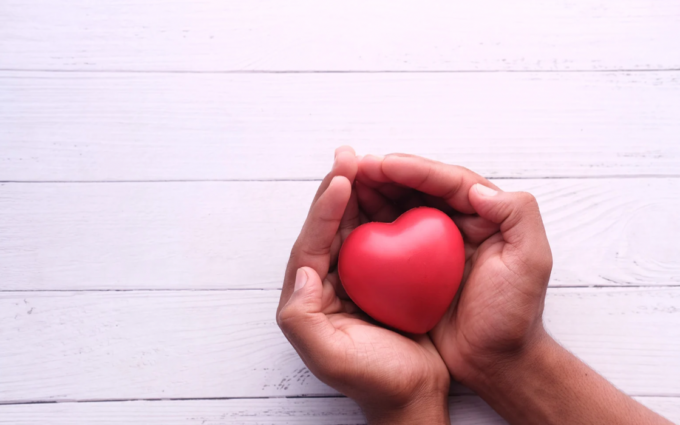
Help with their medication
Become familiar with and help organise the medication dosages and timings. Chemotherapy can have a marked impact on memory and organisation skills (this is often referred to as “chemo brain”) so it is extremely important that there are others in the daily routine that are intimately familiar with these details to remove additional unnecessary stress.
Respect their wishes
Respect your loved one’s boundaries and wishes regarding their treatment and trips to the hospital, or even their time at home. Sometimes they will want to do things on their own and preserve their independence. Don’t be offended if they wish to do this.
Get practical at home
Your loved one may be in discomfort or pain, so find places in the home in which they are most comfortable. Sometimes the pain may necessitate the need to move them to these areas or for them to sleep there. It is important that you can do this in an easy and efficient way. Familiarise yourself with the best pillow placement, angle of the body and additional comforts such as their preferred blankets, heated blankets, candles, noises and so on. Being aware of all of these things – and having confidence in each other to cope in such situations – will help enormously when unexpected pain occurs.
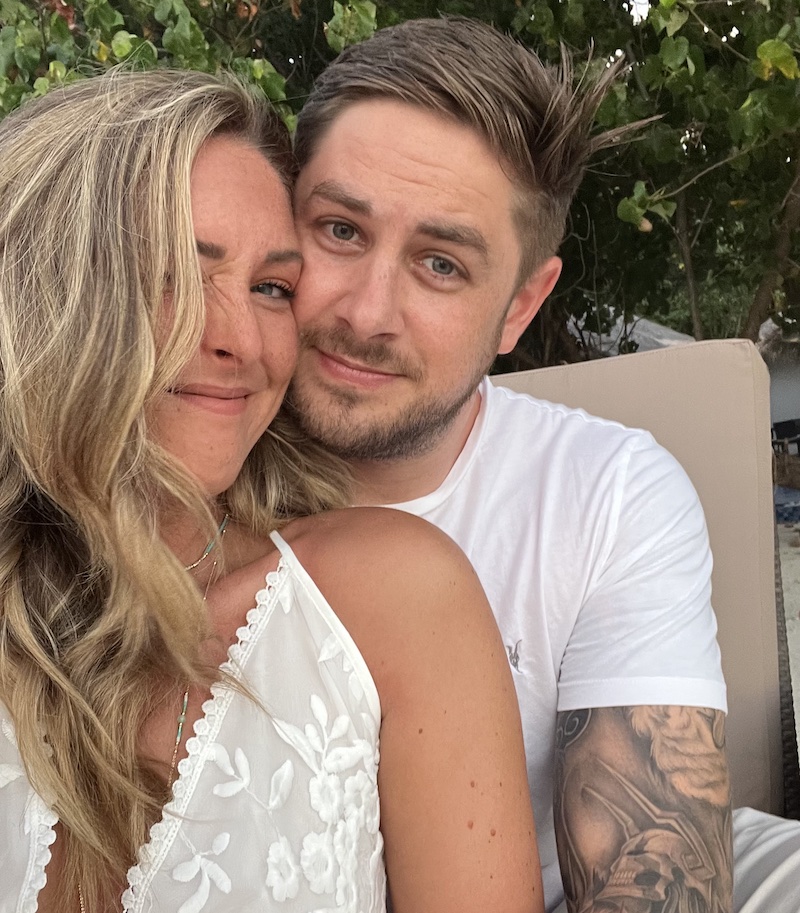
Look after yourself
Looking after yourself is extremely important. Find people to talk to, hobbies to occupy yourself and the time for you to process the situation. If you are not in the best place that you can be, then you are not in the best position to help your loved one. Your mental health is extremely important and giving yourself these times to decompress is valuable in ensuring you can give the best support.
Embrace and encourage their passions
Try to encourage anything that your loved one is passionate about, even if this is something you may not immediately agree with (within reason haha). Understand that they will want to do things that make them feel alive and in control – cancer can strip some of that away otherwise.
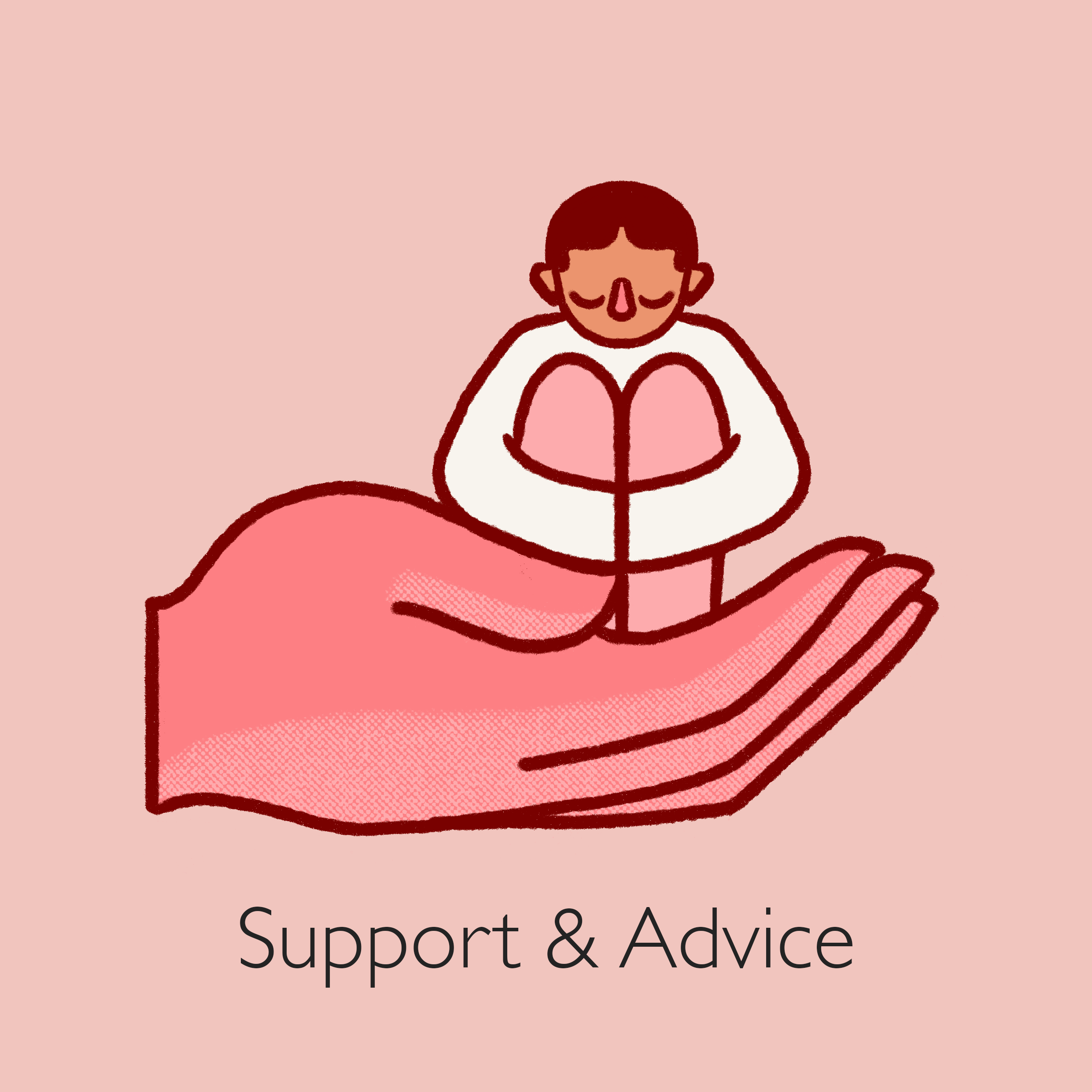
Further information and support
To return to the homepage of our Information Hub, click here where you can access more helpful information, practical advice, personal stories and more.
Future Dreams hold a range of support groups, classes, workshops and events to help you and your carers during your breast cancer diagnosis. These are held both online and in person at the London-based Future Dreams House. To see what’s on offer and to book your place, see here. We run a monthly Supporters Supper Club, specifically for people who love someone with a diagnosis.

September 2024
This article was written by a guest author based on their own experience. It is important to note that this is one person’s experience and that whilst there may be commonalities between the experiences of different people, everyone has a different diagnosis/treatment plan/general experience. The information and content provided in all guest articles is intended for information and educational purposes only and is not intended to substitute for professional medical advice. It is important that all personalised care decisions should be made by your medical team. Please contact your medical team for advice on anything covered in this article and/or in relation to your personal situation. Please note that unless otherwise stated, Future Dreams has no affiliation to the guest author of this article and he/she/they have not been paid to write this article. There may be alternative options/products/information available which we encourage you to research when making decisions about treatment and support.
Share

Support awareness research
Donate to those touched by BREAST cancer
Sylvie and Danielle began Future Dreams with just £100 in 2008. They believed nobody should face breast cancer alone. Their legacy lives on in Future Dreams House. We couldn’t continue to fund support services for those touched by breast cancer, raise awareness of breast cancer and promote early diagnosis and advance research into secondary breast cancer without your help. Please consider partnering with us or making a donation.
